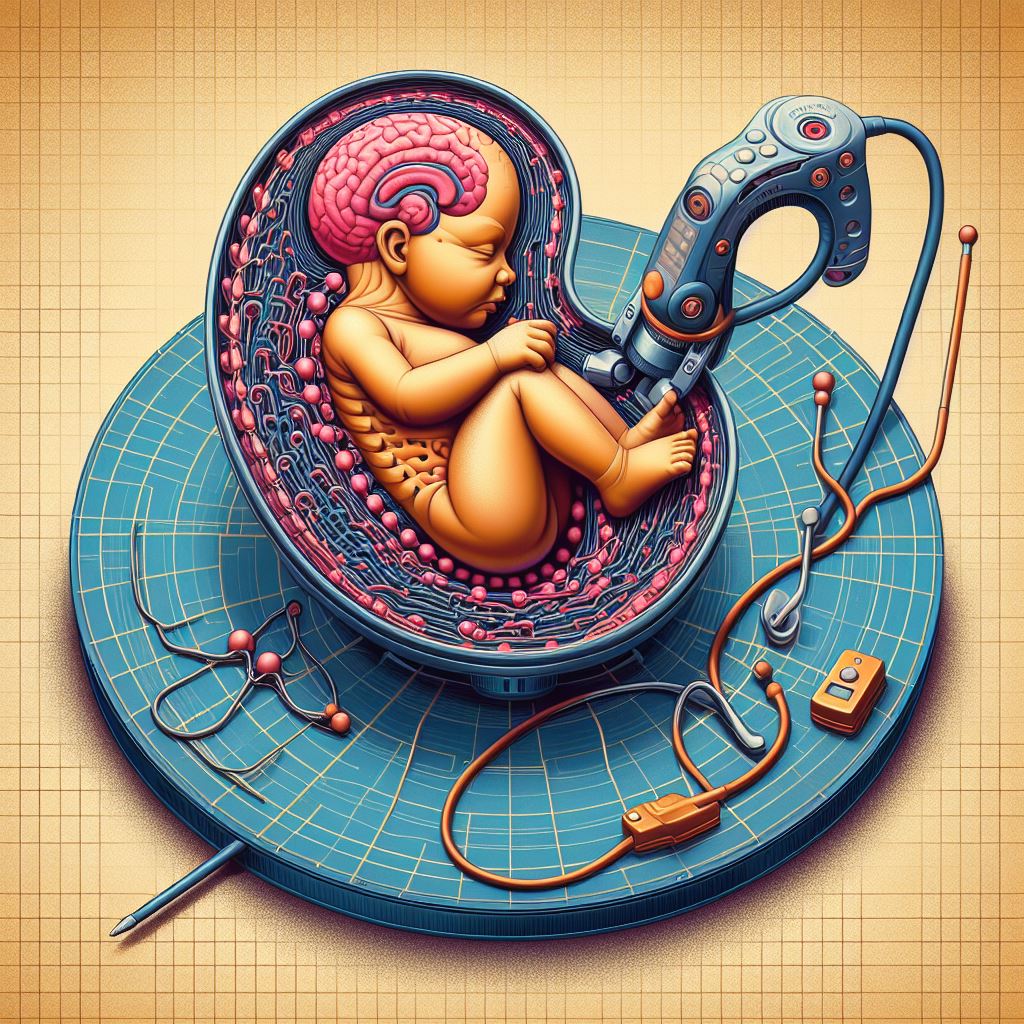
Introduction
Since the first successful in vitro fertilisation (IVF) birth in 1978, assisted reproductive technology (ART) has advanced, aiding over eight million infertile couples in conceiving. The intricate protocols of IVF involve critical decision-making points handled by clinicians and embryologists, blending evidence-based choices with subjective judgments, shaping ART as both science and art. Artificial intelligence (AI) offers a promising avenue for optimising ART processes like drug selection, cycle monitoring, and embryo selection. Could this be a beginning to a future of unbelievable progress in the field of reproductive health?
Personalising ART with Machine Learning
Customising ART based on individual factors like ovarian reserve, genetic variations, and ethnic disparities can significantly impact treatment success. Machine learning (ML) methods enable tailoring treatment regimens to patient subgroups, optimising ovarian response, and luteal phase support. The integration of ML algorithms into clinical decision support systems (CDSS) harnesses the potential of electronic health records, offering personalised and data-driven approaches to enhance ART outcomes. As shown in Figure 1, the procedures involving ART are intricate, demanding thorough supervision. Clinicians and embryologists bear the responsibility for numerous crucial decision junctures both before and throughout the treatment cycle. AI contributes to this complex process with its data analysis skills.

Transparency and Trust in AI Applications
The adoption of AI in ART faces challenges related to trust and interpretability, especially with complex ‘black-box’ models. Transparency emerges as a crucial factor in AI systems to ensure clinicians’ confidence in decision-making tools. Efforts to enhance explainability in AI models, particularly in image-based analyses in embryology, aim to provide insights into model reliability, fairness, and trustworthiness, paving the way for more widespread and effective use of AI in reproductive healthcare.
Conclusion
The integration of AI technologies holds immense promise in ART, offering personalised, data-driven, and transparent solutions to enhance the success rates and safety of assisted reproduction procedures. The blend of science and art in ART, with its intricate protocols and subjective decision-making, sets the stage for AI to make significant advancements in this field.
